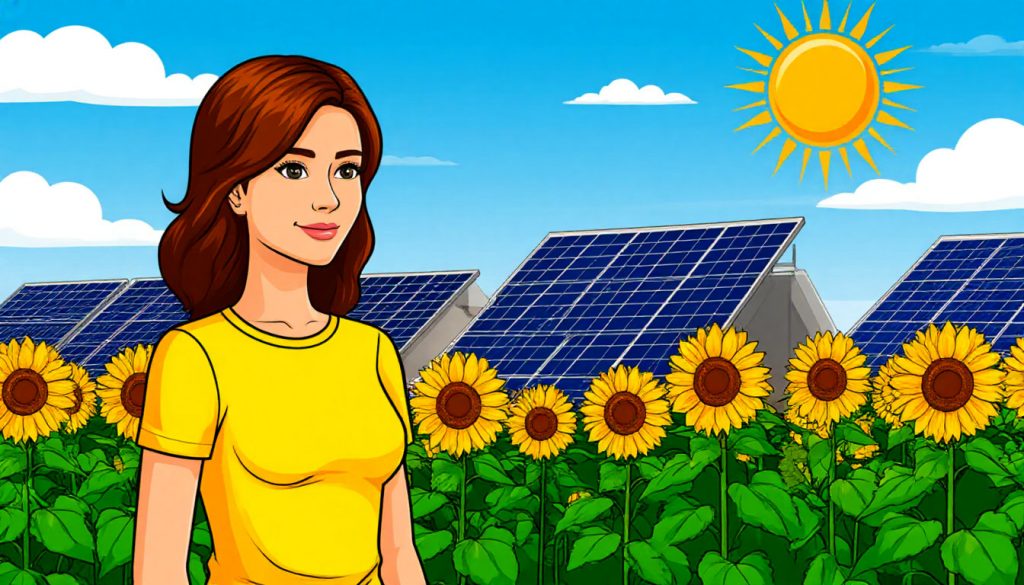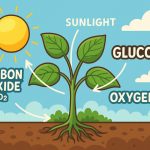Sunlight is the primary energy source for our planet. It provides the warmth that makes Earth habitable. One of its most critical roles is enabling photosynthesis, the process by which plants convert sunlight into energy, producing oxygen and organic matter. This process forms the base of nearly all food chains on Earth.
In addition, sunlight influences global climate systems, including wind, ocean currents, and the water cycle. Evaporation, cloud formation, and precipitation all rely on the Sun’s energy.
Without sunlight, there would be no plant growth, no food for animals, and no life as we know it.
Benefits of Sunlight for Human Health
Moderate exposure to sunlight provides many benefits to the human body:
- Vitamin D production: When UVB rays hit the skin, they trigger the synthesis of vitamin D, which is crucial for:
- Strong bones and teeth
- A well-functioning immune system
- Preventing fatigue and mood disorders like seasonal depression
- Regulation of circadian rhythms: Sunlight controls our internal biological clock. Morning light helps us wake up and stay alert, while the absence of light in the evening promotes the release of melatonin, improving sleep quality.
- Improved mood and mental clarity: Sunlight boosts the production of serotonin, a hormone associated with happiness and calmness.
However, excessive exposure to ultraviolet (UV) rays can lead to sunburn, premature skin aging, and a higher risk of skin cancer. Using sunscreen and avoiding midday sun are essential protective measures.
Sunlight’s Role in Ecosystems
Sunlight drives natural rhythms and ecosystems. It triggers plant germination, flowering, and fruiting. In animals, it influences migration patterns, reproduction, and daily activity cycles.
Coral reefs, forests, grasslands, and even ocean life rely on the Sun’s rays to function and maintain ecological balance.
Sunlight in Energy and Technology
Solar radiation is now harnessed through solar panels to produce clean electricity. Solar power is a key part of the transition to renewable energy, helping reduce dependence on fossil fuels and combat climate change.
Sunlight is also used in agriculture (greenhouses), water disinfection, and even space missions, showing its importance beyond natural ecosystems.
Glossary
- Photosynthesis – A process by which plants use sunlight to produce food and oxygen.
- Vitamin D – A vital nutrient created in the skin when exposed to UVB rays.
- Circadian rhythms – The body’s internal clock that regulates sleep and wake cycles.
- UV rays – Ultraviolet radiation from the Sun, which can be both helpful and harmful.
- Solar energy – Electricity or heat generated from sunlight using solar technology.


